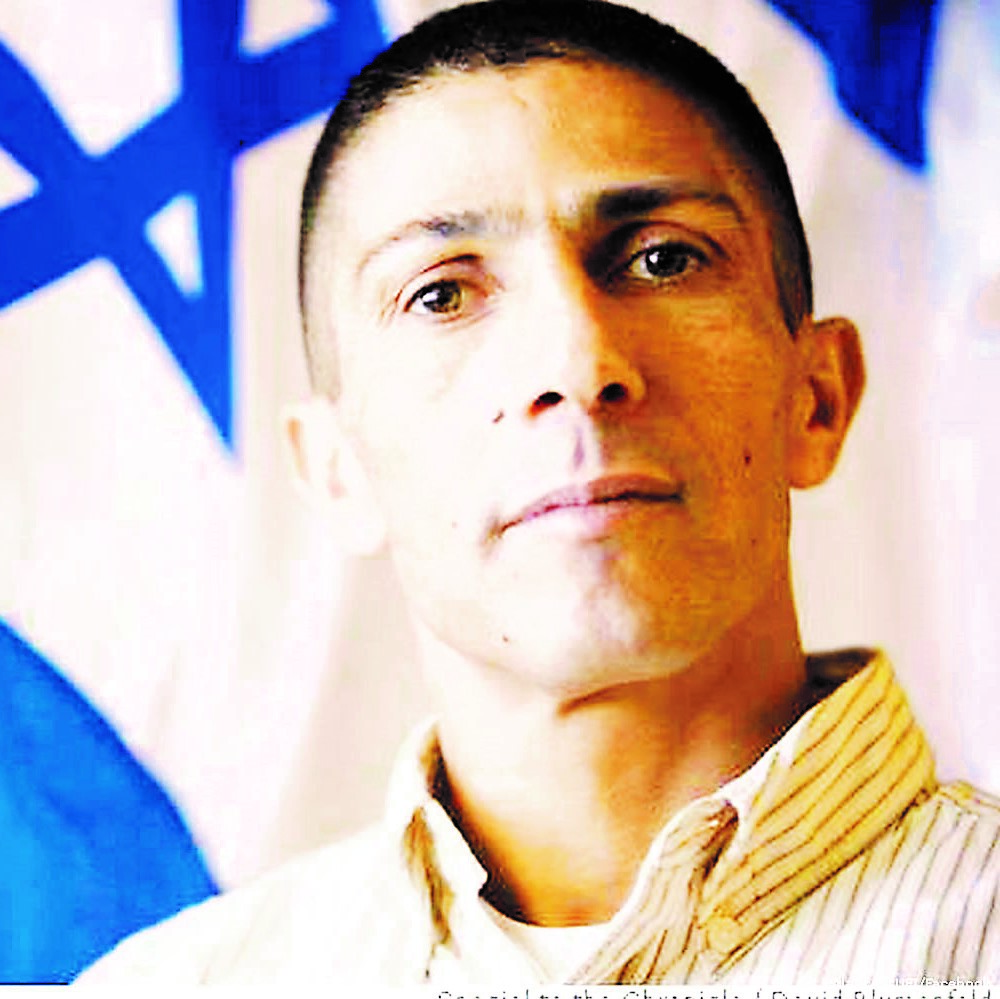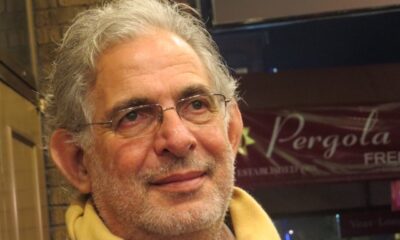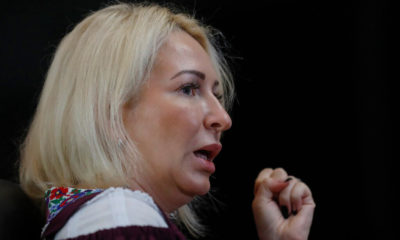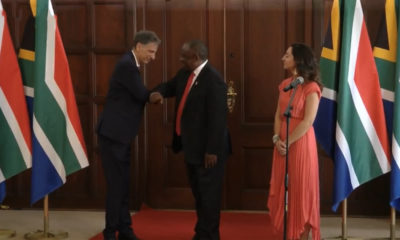
Featured Item

From drover to diplomat: Israel’s man in Eritrea
Israel’s newest ambassador used to tend sheep in the green hills of the Galil. The ambassador-designate to Eritrea in the Horn of Africa is a Bedouin Muslim named Ishmael Khaldi.
“If it were true that Israel is an apartheid state, I wouldn’t be here,” he said. “The accusation comes from extremists who have the goal of attacking Israel. Israel isn’t a perfect democracy, but nowhere else is either.”
Khaldi was speaking last Thursday night in an online event hosted by the South African Zionist Federation Cape Council.
Arabs make up about 20% of Israel’s population, and the 260 000 Bedouins are a minority within that minority. Most are based in the Negev desert in the south, with a smaller number in the Galil in the north. Khaldi’s family hails from Syria. He says they have always had excellent relations with neighbouring kibbutzim, even before Israel’s formation in 1948.
Bedouins are traditionally a nomadic shepherd society, with strong values of respect, community, loyalty, hospitality, and helping others. While they are Muslim, formal religion plays less of a role in their lives, Khaldi said.
“Israel is the leading democracy in the world when it comes to religious freedom,” he said.
“While Israel is a Jewish state, it’s also a multicultural country with people from all over the world. People actually know very little about the different communities. But we have mutual respect. We have to learn to live with each other for a better future.”
He has written a book about his life, titled A Shepherd’s Journey.
Khaldi grew up in a tent in a tiny village as one of 11 children. He tended sheep from a young age, but longed to get an education, and was always curious about what lay beyond the village. He walked three kilometres each way to attend school, and still enjoys running today. He went to high school in Haifa, and was the first person in his family to attend university. He worked on a kibbutz to help finance his studies. He later spent time in the police and the army. Many Bedouins, like the Druze, volunteer to serve in the Israeli Defense Forces.
“The younger generations are becoming more integrated into Israeli society compared to our parents and grandparents. It takes a long time for a nomadic people to settle down,” Khaldi said.
Being a diplomat was a dream that developed slowly. It gained pace after he spent three months in the United States, having never even travelled to Tel Aviv or Jerusalem before. “I realised my fate was tied to the state of Israel.”
When he joined the diplomatic corps, he was posted to San Francisco and then London. He experienced personal abuse. “People called me a traitor, an Uncle Tom, and even Joseph Goebbels. But it was only a small minority, usually on university campuses.”
“We have to stand up to BDS [the Boycott, Divestment, Sanctions movement] and make every effort to reach the wider community with the facts. We need to strengthen ties with Jewish communities and Christian friends of Israel.”
He doesn’t consider himself Palestinian. “Bedouins came from all different parts of the Middle East. My family came here from what became Syria. There were no nation states then. I’m a proud Israeli citizen.
“Sometimes I feel than being a Muslim and a Bedouin is a plus, a tool to promote my mission as a diplomat. We have to connect people and build relations and trust. I’m writing a new book called The Diplomat in the Lions’ Den. Being an Israeli diplomat is a hard job!”
He is encouraged by Israel’s growing ties with African states, and has spent time in countries such as Angola, Cameroon, Ghana, and Nigeria. Khaldi sees South Africa’s souring relations with Israel and desire to downgrade its embassy in Tel Aviv as “going against the trend”.
“Preserving our traditions, heritage, and culture is a challenge in the modern world,” he said. He’s working on establishing a Bedouin cultural centre to tell the history of the 28 Bedouin tribes now in the Galil.
Khaldi donated his honorarium to the COVID-19 fund to feed the hungry set up by the South African Friends of Israel.










